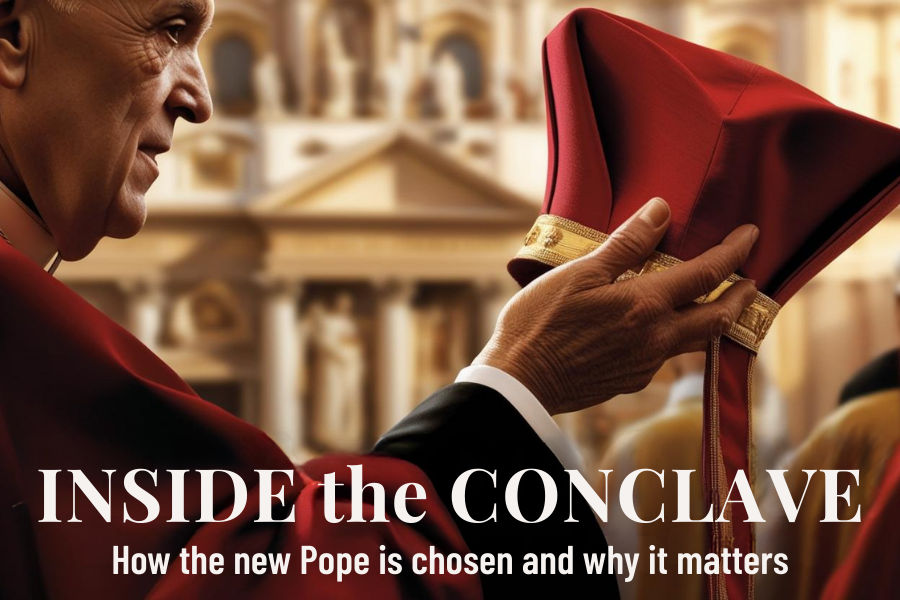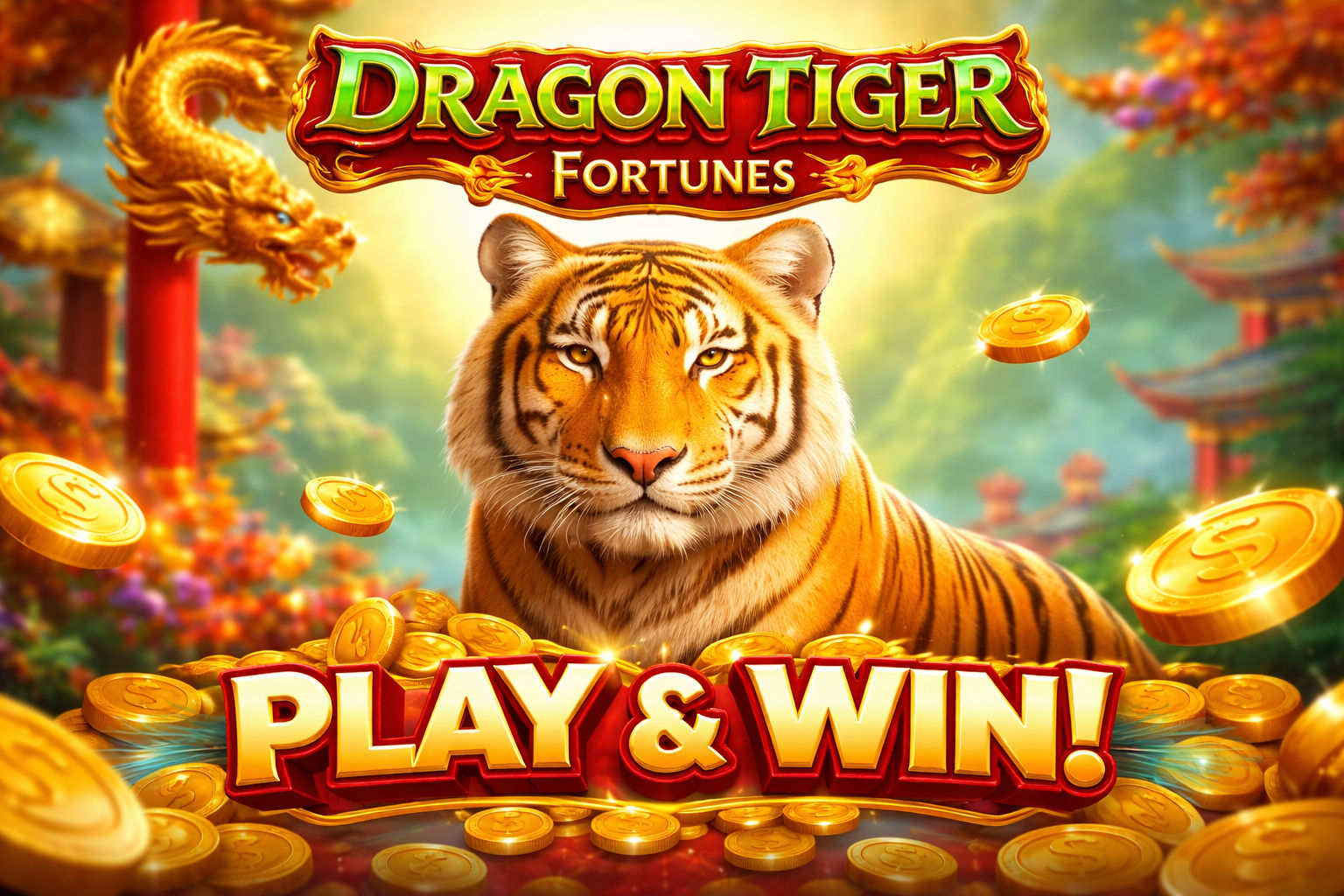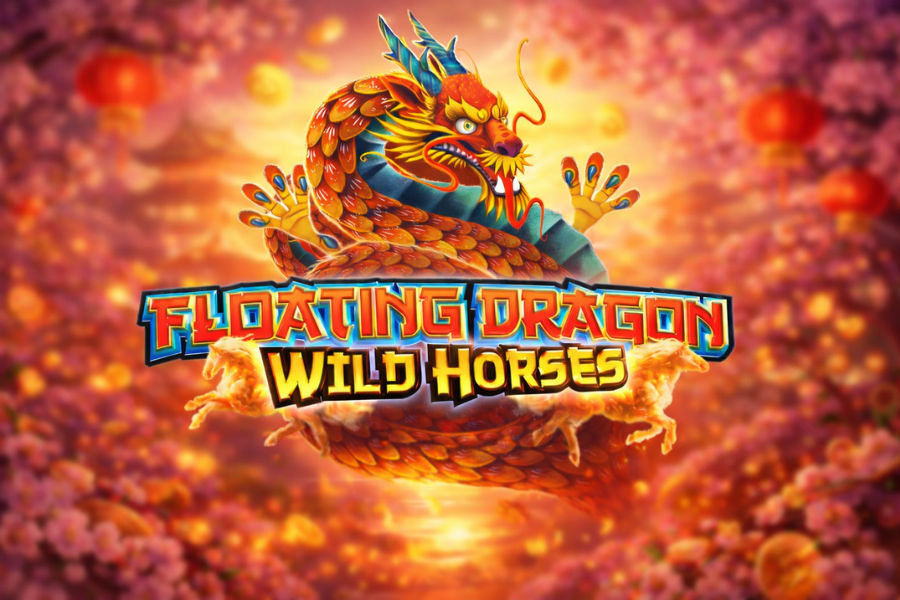In the list of world events that remain shrouded in centuries-old secrets, few contemporaries come close to papal elections. The whole planet tunes in to witness the vivid moment a plume of white smoke emanates from the Sistine Chapel, heralding the selection of the new leader for over 1.3 billion Catholics. However, as the ritual is performed through smoke and mirrors, another modern marvel occurs: people around the world start to guess and wager on who the new pope might be.
From devout followers to curious observers and bettors, the papal conclave captures global attention. This article dives deep into how the new pope is chosen, why it matters to the world, and who might emerge as the most likely candidate, both spiritually and in the betting markets.
What Is a Papal Conclave?
The phrase “papal conclave” relates to the election of a pope by a group of cardinals sealed away in the Vatican City. The Sistine Chapel holds the cardinal's chamber during the conclave. The cardinals are kept in during the Sistine Chapel until they designate their new pontiff. In Latin, cum clave translates to “to contain with a key”, showing the medieval practice of locking away during conclave.
For as long as one can remember the tradition has been followed, accompanied by elaborate ceremonies. No communication with the outside world is allowed. Every cardinal swears a declaration of confidentiality and must vote multiple times in concealed processes. The intention here is an uninfluenced sacred resolution.
Once a candidate receives a two-thirds majority, the result is confirmed, and the world watches for the appearance of white smoke rising from the chimney which is a historic signal that a new pope has been elected.
How Is the New Pope Chosen?
The election of the new pope is one of the most structured yet unpredictable events in religious governance. Only cardinals under the age of 80 are eligible to vote. These electors engage in up to four voting rounds per day until someone secures a two-thirds majority.
Key considerations during the election include:
Doctrinal stance: Is the candidate a progressive or a traditionalist?
Geopolitical representation: Will the Church look to Africa, Asia, or Latin America for new leadership?
Charisma and leadership: The ability to unify the Church and speak to global audiences is critical.
Ballots are burned after each vote. Black smoke signals no decision, while white smoke heralds success. Once a name is chosen, the newly elected pope accepts the role and selects a papal name, marking the transition with the iconic announcement: Habemus Papam.
Why the New Pope Matters in 2025?
The election of a new pope isn’t just a religious formality. It's a global decision that can shape moral discourse, political stances, and social movements for years to come.
In 2025, the world faces numerous challenges:
Declining Church attendance in the West
LGBTQ+ rights and gender roles in the Church
Clerical abuse scandals and transparency demands
Ongoing geopolitical instability
The new pope will need to navigate complex issues with wisdom and diplomacy. Whether the Church takes a progressive step or maintains tradition will heavily depend on who holds the papal seat. For millions, this is a spiritual moment. For others, it’s a signal of cultural and political shifts to come.
The Betting Angle: Odds, Favorites & Trends
Yes, you can bet on the new pope. Major sportsbooks, particularly in Europe and online betting exchanges, offer odds on who will become the next pontiff.
These markets are speculative, but they reflect key trends:
Cardinal Peter Turkson (Ghana): A long-standing favorite, appealing for both his theology and representation from Africa.
Cardinal Luis Antonio Tagle (Philippines): A progressive voice from Asia with global resonance.
Cardinal Matteo Zuppi (Italy): Recently elevated by Pope Francis and seen as a continuation of the current papacy's vision.
Odds fluctuate based on Church politics, global news, and public statements from Vatican insiders. Bettors look at factors like recent appointments, geographical rotation, and theological alignment.
While these bets are novelty wagers, they are surprisingly data-driven and often match the Vatican’s own quiet consensus.
Who Should You Bet On?
While no one can predict divine inspiration, betting markets thrive on trends and educated guesses. Here are three names you might consider:
Cardinal Luis Antonio Tagle: His progressive reputation, diplomatic skills, and closeness to Pope Francis make him a top contender.
Cardinal Peter Turkson: An advocate for climate justice and social equity, his election would mark a bold step toward inclusivity.
Cardinal Jean-Claude Hollerich (Luxembourg): A moderate European candidate who balances reformist views with theological grounding.
Each candidate brings a unique profile. If you’re wagering, consider the political and spiritual climate within the Church. Does the Vatican want reform or stability? Representation or tradition?
What are the Odds on Stake.com for the New Pope?
The whole world is eagerly waiting on the selection of the new pope. Stake.com the best betting site in the world, has already released the odds for each and every cardinal on who will most likely become the new pope. According to Stake.com, the top most odds stands for;
1) Mauro Picacenza
2) Seam Patrick O Malley
3) Anders Arborelieus
4) Antonio Canizares Liovera
5) Bechara Peter Rai
6) Joao Braz De Aviz

Make your bet wisely, and always remember: even in betting, sacred events deserve respect.
A Sacred Gamble with Global Consequences
The election of a new pope is a global spectacle and a sacred ritual that has lasting consequences for people of different nationalities. The decision will have consequences, whether you look at it from a mystical or a speculative viewpoint, and will impact billions of people living on different continents.












